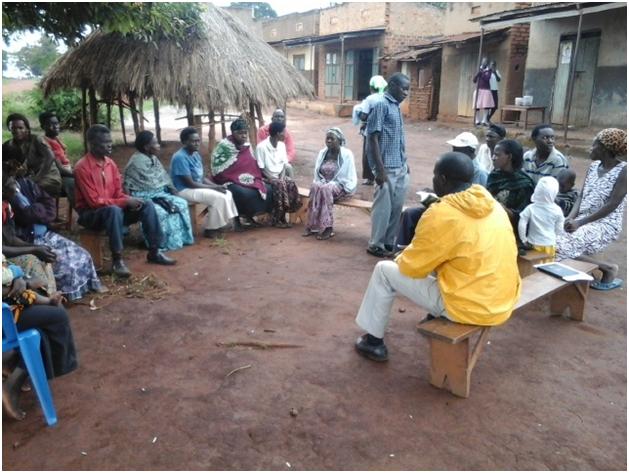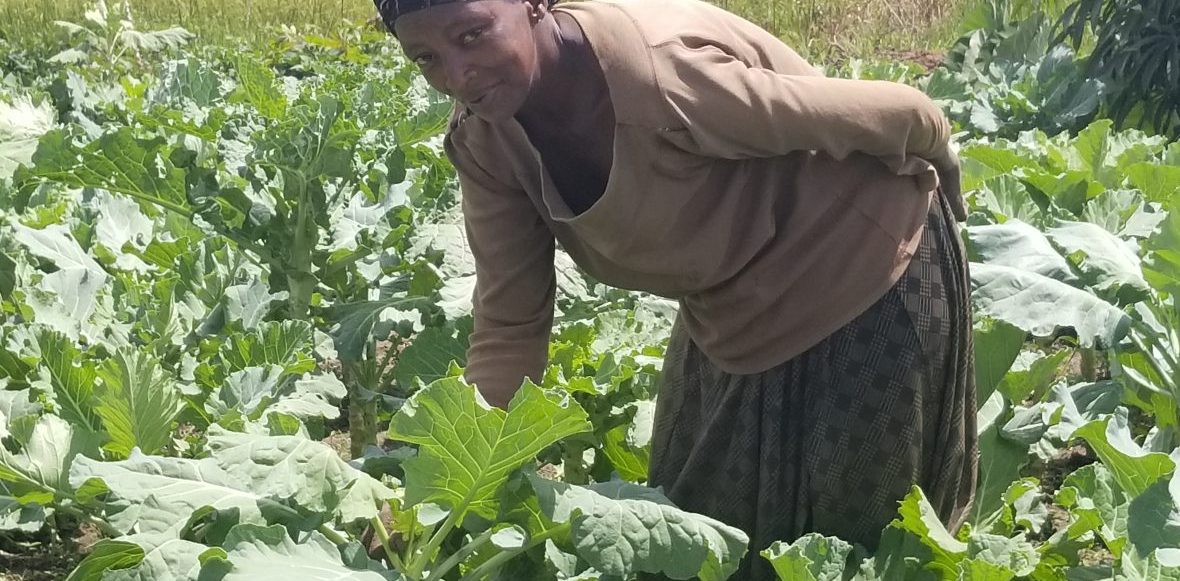
Eco-Agric Uganda embraced gender equality as a vital consideration in agricultural production. Gender Mainstreaming Strategy marks the beginning of the systematic integration of gender into the programmes, policies and activities of Eco-Agric Uganda. The principal purpose of gender mainstreaming in Eco-Agric Uganda is to contribute to the achievement of the organization’s mission. The goal of the strategy is to ensure that Eco-Agric Uganda achieves gender responsiveness at all levels of institutional frameworks and all stages of design, planning, implementation, monitoring and evaluation of agricultural production and other organisational activities.
The Gender Mainstreaming strategy is in line with the National Gender policy highlighting the necessity to ensure that gender equality is a primary goal in all areas of social and economic development; by making the concerns and experiences of women as well as of men an integral part of the design, implementation, monitoring and evaluation of policies and programmes in all political, economic and societal spheres, so that women and men benefit equally.
Eco-Agric through its trainings, women headed households are empowered with leadership skills through providing them chance to be group leaders hence creating equality and equity among the community members and families. Eco-Agric through its implenting programs, women are given chance to speak out at the same time with men. Women are also given chance to have a voice in the communities.
Eco-Agric is planning to connect the organized women groups in kitukutwe village and gombe Sub County to acquire the Community development funds for women. This will help the groups to be sustained and develop more business projects.
Advocacy
Eco-Agric Uganda is implementing a Governance Accountability and Participation project that aims at enhancing Agri-Business Entities’ participation in Local governance in Hoima district. This is being funded by the USAID Uganda & UKAID RTI/GAPP program. The project is being implemented in two sub counties of Buhimba and Kiziranfumbi in Hoima district. The project started in October2015 and will be ending September 2017
The project is empowering rural poor communities to take part in budgeting and monitoring of service delivery. Advocacy meetings are always held with agro-processors, producers and small holder farmers to help them review the different advocacy activities that had been initiated and to plan for continued advocacy. Dialogues are always conducted among district and sub county leaders, agro-processors, producer’s agri-business community and local government officials to advocate and improve on poor habits of taxation. Farmers are actively involved and participate in the planning and budgeting process. All this is aimed at improving service delivery among communities. Issues related to water, education, health, agriculture have been addressed to the relevant authorities through community monitors who advocate for improved services on behalf of their communities.The project is still ongoing up to October 2017 with the purpose to see that communities receive best services and this will be done through dialogues and sensitisation meetings.
